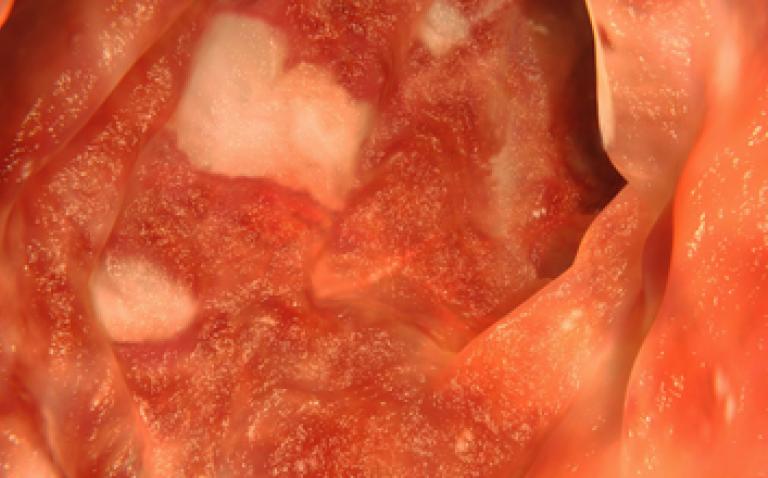The European Commission (EC) has approved a label change for Simponi (golumumab) allowing early dose optimisation in patients with ulcerative colitis (UC).
The drug will be now available for dose optimisation in UC patients with a body weight of less than 80kg, who do not respond to induction therapy.
UC is a chronic inflammatory bowel disease that affects an estimated 1.5 million people in Europe. It occurs when the lining of the colon becomes inflamed and develops ulcers that secrete pus and mucus, creating symptoms of diarrhoea, bloody stools and frequent abdominal pain.
This can lead to weight loss, anaemia and further complications. Up to 45% of UC patients will have their colons removed.
Simponi is a human monoclonal antibody used to treat moderate to severe UC in patients who are intolerant or do not respond to conventional therapy including corticosteroids and 6-mercaptopurine *(6-MP) or azathioprine (AZA).
Dr Björn Oddens, vice president of general medicine medical affairs at Merck & Co (MSD), said: “The European Commission approval of early dose optimisation for ulcerative colitis patients not adequately responding to induction is an important milestone for these patients and their gastroenterologists.
“We are pleased that with early dose optimisation of golimumab, more patients achieve the full long-term clinical, endoscopic, and quality of life benefits from golimumab treatment.”
Simponi is approved for induction dosages of 200mg at week 0 and 100mg at week two, followed by a maintenance dose at week six and subsequent four-week intervals. The EC approval allows optimisation of the drug based on patient weight and response: patients weighing over 80kg are approved for 100mg every 4 weeks, and those under 80kg are given 50kg, which can be increased to 100mg if they are not responding adequately.
The change follows analysis of the PURSUIT induction and maintenance studies, where UC patients who were not responding to the drug had their dosages increased to 100mg, administered from week six to week 54.
The approval follows a Committee for Medicinal Products for Human Use (CHMP) positive opinion for Simponi in May.
George Philip, the executive director of clinical research at MSD research laboratories, said: “Optimising the dose in this subset of patients who are not adequately responding to treatment at an early stage may allow more patients to attain an adequate clinical response.”










